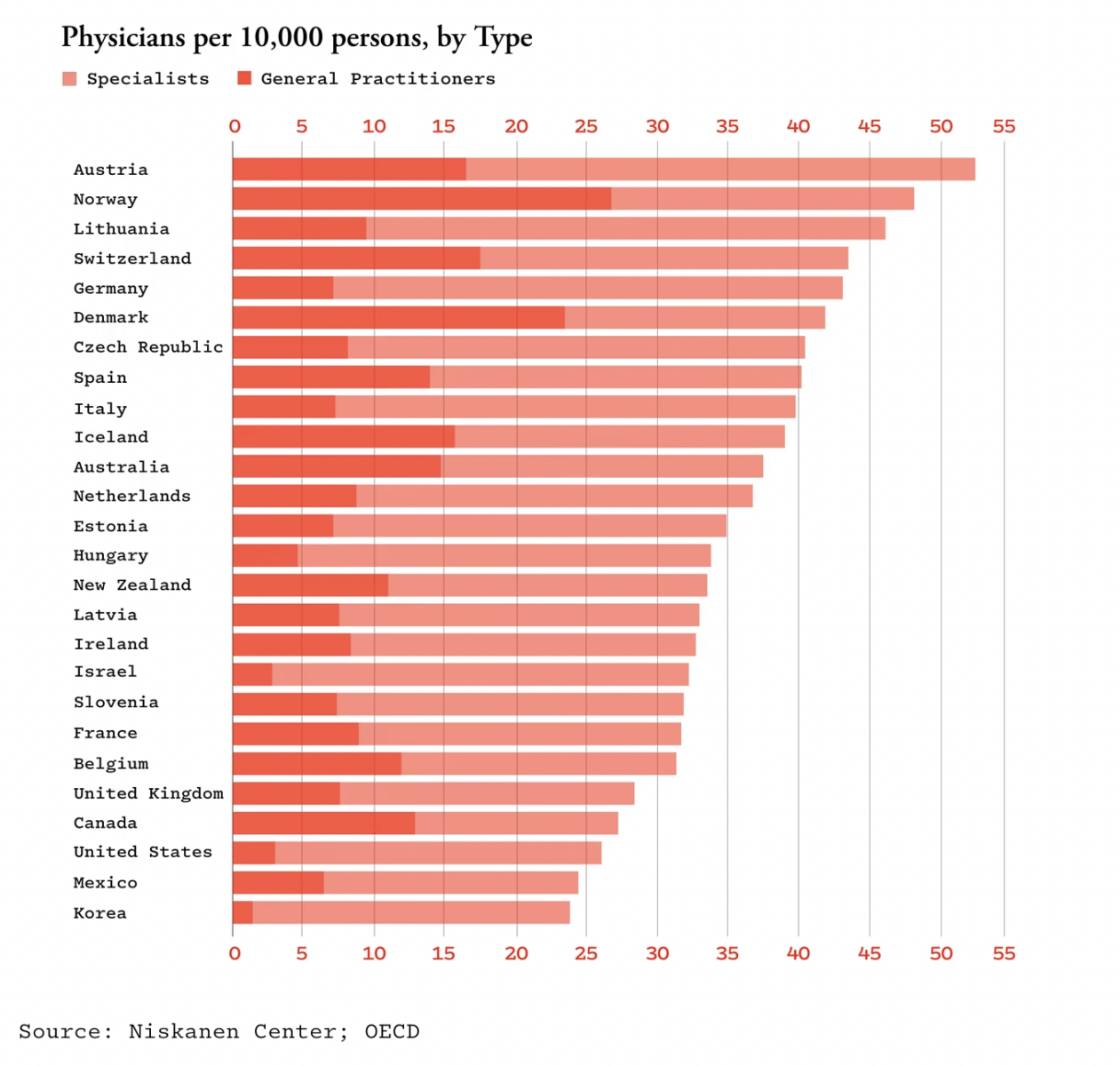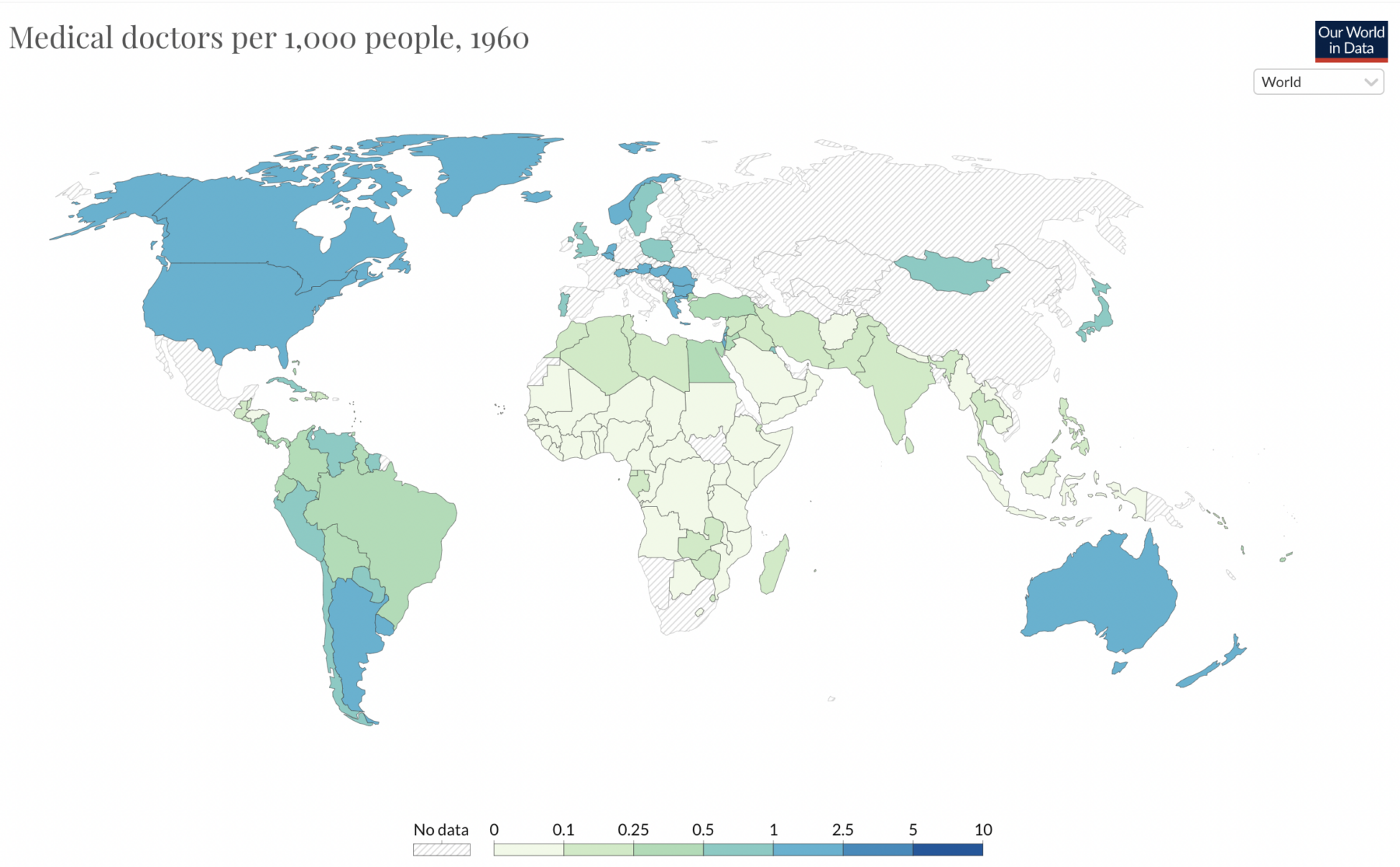It was one of those minor stories that seemed to have taken on a life of its own: The New York Times1 reported last week about an adjunct Organic Chemistry professor at NYU who was fired after students complained his tests were too hard. I would have missed it, but for J.V Last discussing it at The Bulwark.2
Both discussions touched on what a gut course org chem is; how many aspiring doctors see their career hopes dashed by the class. The debate veered into whether colleges are credential factories, or public utilities, or just businesses selling a product trying to satisfy their consumers. JVL wrote, “The course exists for only two purposes: (1) to cull the number of attractive medical school applicants, and (2) to prepare a handful of students for a future in biochemical research.”
~~~
Since this story is ostensibly about education, let’s briefly digress to an unfortunate side effect of modern American education. The focus is not on teaching students how to think, but rather, to successfully answer questions on a test. An unfortunate side effect of this misplaced focus is it primes students to respond to questions with specific answers while ignoring the impact of the question’s frame itself.
Teaching you how to think is of prime importance in law school. You learn that framing is crucial; the attorney that can get a judge or jury to focus on their contextual question is halfway home to victory.
When confronted with a question like “Is this Organic Chemistry class too hard?” perhaps we are all better served by asking a few different questions:
1. Why are we seeking to cull future doctors from the ranks of students? (and who made this decision?)
2. Why does the United States lag behind our peers in per capita doctors?
3. What purpose does limiting the number of medical students (and therefore physicians) serve? What role does the American Medical Association (AMA) play in this?
4. What does this mean in terms of costs, availability, and wait times for health care services in the U.S.?
5. Asking the above question more pointedly, why is US medical care so much more expensive than comparable countries?
6. Worse yet, why does the U.S. have so much worse outcome sin terms of longevity and general health than comparable countries?
That shift in frame leads to some surprising places. We discover that Health Care in the United States is a giant laggard versus much of the industrialized world. Our longevity is lower, our costs are greater, health care is rationed by for-profit 3rd party insurers.
Derek Thompson observed that “the United States has the longest, most expensive medical-education system in the developed world, and among the lowest number of physicians per capita.” We have to ask why despite a rising population, we have not been producing sufficient doctors. The number of new medical schools has been firmly limited; doctors educated abroad are frequently restricted from practicing in the United States.
My preference is to look at the big picture, to see the world from a 30,000-foot view. No surprise nobody talked about the bigger picture: Healthcare in the United States and why it is so expensive and so many people so underserved by the profession.
In 1960, the United States had more doctors per capita than any other country. What happened since then?
See Also:
Why America Has So Few Doctors, By Derek Thompson The Atlantic, February 14, 2022
The Planning of U.S. Physician Shortages (Niskanen center, September 8, 2020)
Previously:
Shift Your Perspective (July 22, 2022)
_____________
1. At N.Y.U., Students Were Failing Organic Chemistry. Who Was to Blame? by Stephanie Saul Oct. 3, 2022
2. About the Organic Chemistry Professor Who Got Fired for Giving Bad Grades, Jonathan V. Last, The Triad, Oct 4 2022
1960, the United States had more doctors per capita than any other country. What happened since then:
Source: Our World in Data




